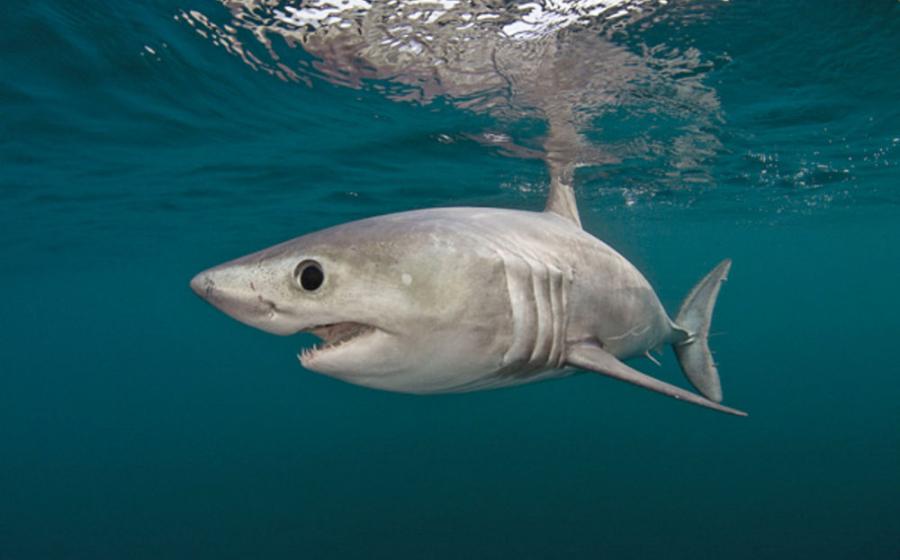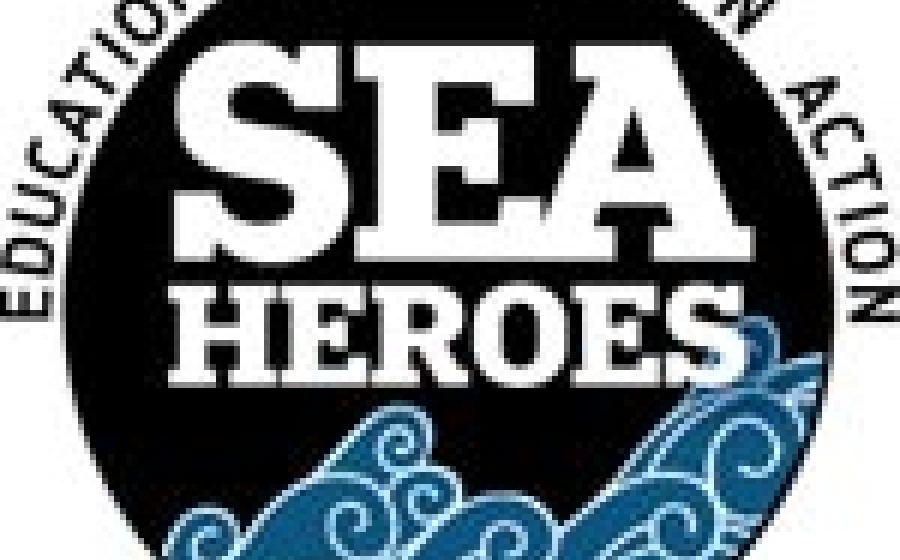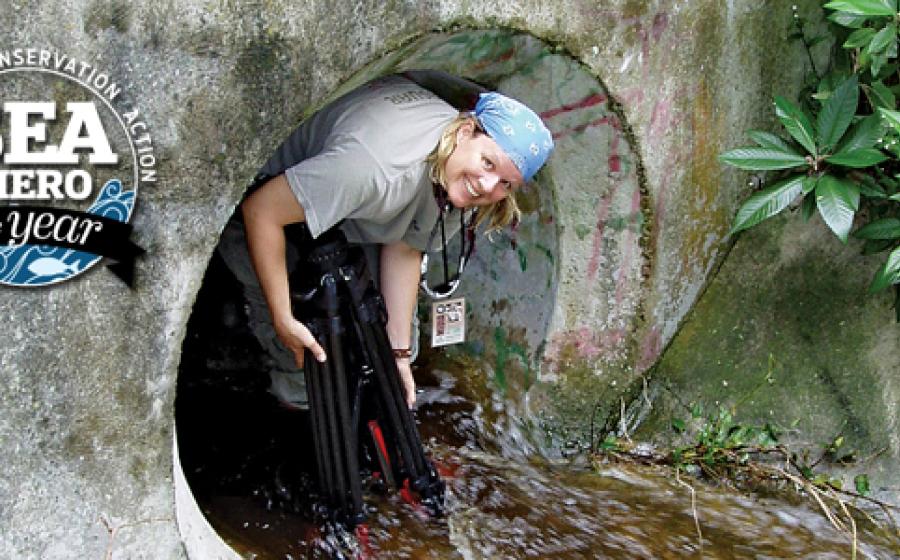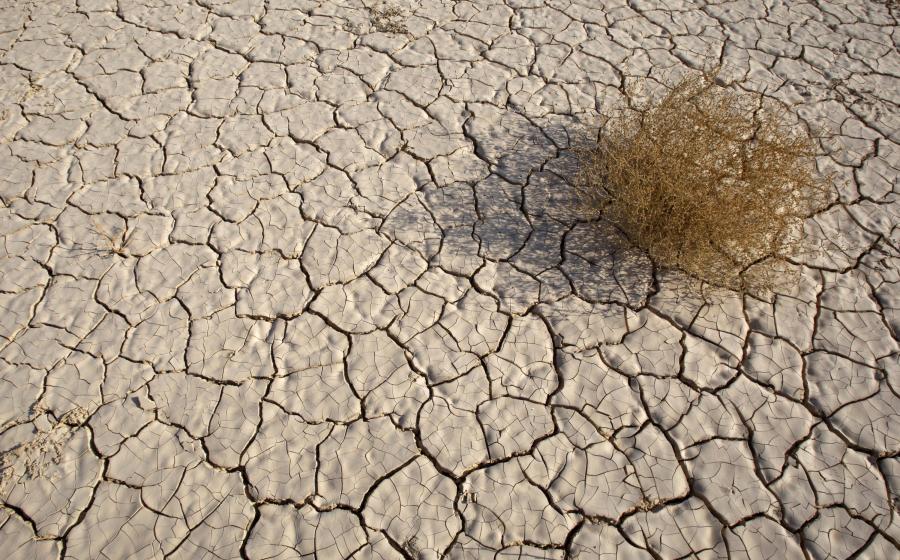High school students with a background in scuba diving and love for the ocean have the chance to save money thanks to a unique scholarship.
The ocean just got a lot safer for five species of sharks and two species of manta rays – good news for divers who enjoy diving with these creatures. On March 14 in Bangkok, Thailand, an international organization that regulates the trade of endangered species, the Convention on International Trade in Endangered Species (CITES), placed new restrictions on the capture of five species of sharks, including oceanic white tips, porbeagles, great hammerheads, scalloped hammerheads and smooth hammerhead, as well as oceanic and reef manta rays and three species of freshwater stingrays.
Introducing the world's first bottles made with a blend of recovered ocean plastic.
Cave diver and filmmaker Jill Heinerth will use her prize to expand on her _We Are Water_ documentary and water advocacy project.
What have this year's Sea Heroes been up to since their selections? Read on to find out.
Water-conservation advocate Jill Heinerth is Sea Hero of the Year 2012
If you splurged on prime rib and got a hamburger, you’d be upset. But had you ordered red snapper and been served tilapia — a similarly less expensive product — you wouldn’t flinch because there’s a good chance you wouldn’t even know you’d been duped.
The Dead Sea is dropping at alarming levels; could a controversial infusion from the Red Sea stop the decline? And at what cost?
The 2012 BLUE Ocean Film Festival and Conservation Summit showcases the power of movies to save our oceans









